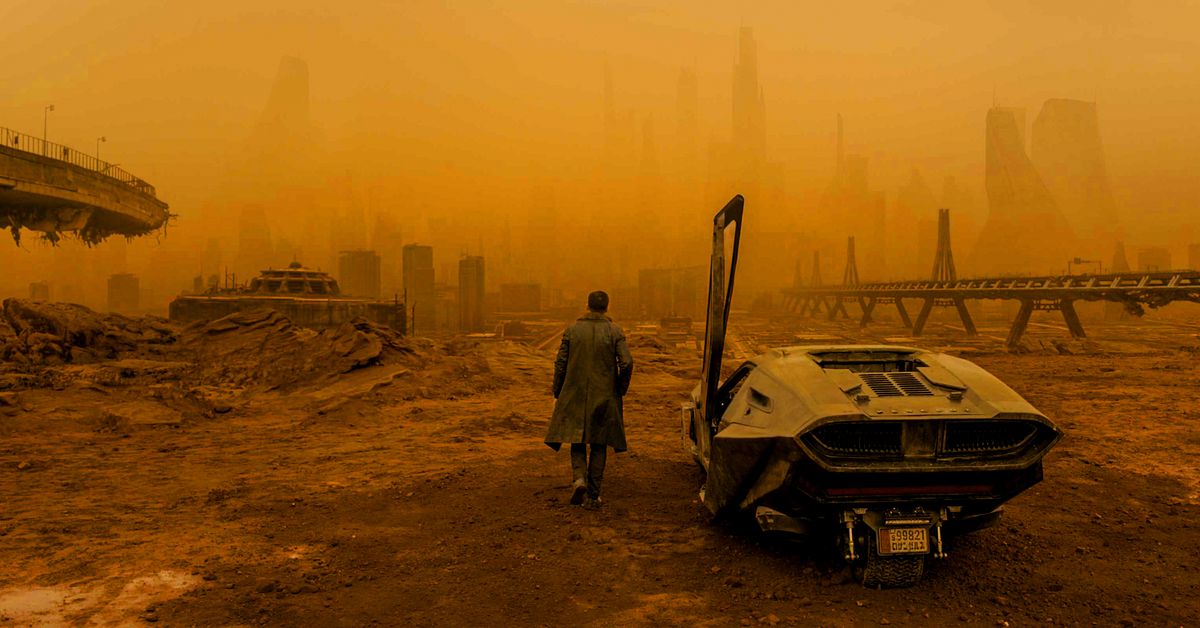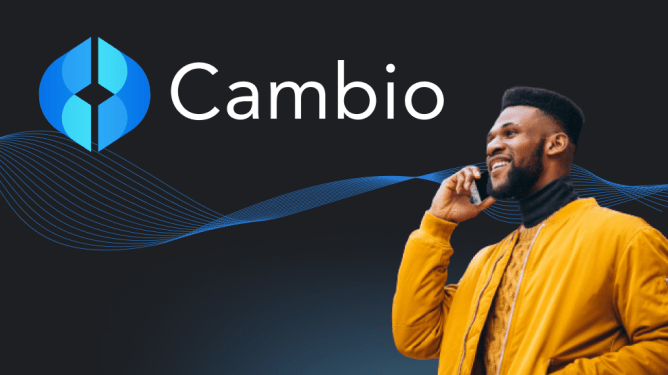Introduction
The world of automotive innovation has always been at the forefront of technological advancement. However, as Tesla continues to push the boundaries of self-driving cars and autonomous technology, a potential legal issue has emerged involving one of its most iconic events—We, Robot. This event, held in collaboration with production company Alcon Entertainment, which is behind the famous Blade Runner 2049 film, has become a focal point for debates surrounding copyright infringement, AI technology, and corporate ethics.
The event, which took place in October 2018 at a Warner Bros. Discovery lot near Los Angeles, featured Tesla’s new self-driving vehicle, Cybercab, and was live-streamed worldwide. Among the attendees were Elon Musk, who at the time was still associated with Tesla as its CEO, and fans of the Blade Runner franchise. The event was meant to showcase Tesla’s technology in a visually stunning and immersive way.
Background on the Tesla We, Robot Event
The Tesla We, Robot event was designed to bring together fans of science fiction and technology under one roof. It featured a series of presentations, live demonstrations, and, most notably, a highly anticipated self-driving car demonstration by Tesla’s Cybercab. The event was also expected to serve as a marketing platform for the company’s future products, with a strong emphasis on visual appeal.
What unfolded during the event was both a success and a storm. While many attendees marveled at Tesla’s technology, there were also concerns raised about the extent of unauthorized use of AI-generated imagery. Specifically, it has been alleged that images from the Blade Runner 2049 film were used to create promotional art for the We, Robot event.
Alcon Entertainment’s Lawsuit: A Closer Look
Alcon Entertainment, which specializes in high-end production and owns the copyright to Blade Runner 2049, filed a lawsuit against Tesla, Elon Musk, and Warner Bros. Discovery (WBD). The primary claim in the suit is copyright infringement. According to Alcon, an AI image generator was used to create promotional art for the We, Robot event, which was intended to resemble stills from Blade Runner 2049.
The suit also alleges that Tesla and WBD had knowledge of this unauthorized use but did not take any steps to prevent it. Instead, Tesla allegedly allowed the use of AI-generated images during the event, with one image explicitly designed to imitate a "lightly stylized fake screen still." This image was prominently displayed during the event, drawing comparisons between the future depicted in Blade Runner 2049 and Tesla’s Cybercab technology.
The Legal and Ethical Backing
Alcon Entertainment has always been a strong copyright holder for Blade Runner 2049. However, due to the live-streamed nature of the We, Robot event, Alcon was required by WBD to obtain permission from both themselves and the film’s rights holders ( Warner Bros.) before any images could be used in promotional materials.
When Alcon’s legal and licensing teams became aware of the AI-generated imagery being used during the event, they felt it was necessary to take action. In a statement provided to media outlets, Alcon’s legal team emphasized that the use of unauthorized imagery not only violated copyright laws but also damaged their brand image in the eyes of fans.
Tesla’s Defense: The Role of AI in Modern Marketing
Tesla has faced both criticism and defense regarding its use of AI-generated imagery. In response to Alcon’s allegations, Elon Musk and Tesla have argued that the use of AI tools was necessary for creating visually stunning promotional materials. They maintain that such technology allows for greater creativity and innovation, which is essential for modern marketing campaigns.
Moreover, Tesla has pointed to the broader implications of their work as an example of how AI can be used responsibly in the creation of high-end content. While acknowledging the potential misuse of AI tools, they argue that proper ethical guidelines were followed throughout the production process.
Legal Arguments: Why Alcon Was Unwilling to Tolerate the Situation
Alcon Entertainment’s legal team has cited several reasons for their strict stance on the matter:
-
Brand Protection: As a major copyright holder, Alcon has a vested interest in maintaining the integrity of its IP portfolio. The use of Blade Runner imagery during Tesla’s event could have led to confusion and dilution of their brand’s reputation.
-
Potential for Future Reproduction: By allowing AI-generated images to be used publicly, there is a risk that these images could be reproduced without proper authorization in the future. This could lead to further legal complications and harm Alcon’s standing in the entertainment industry.
-
Ethical Considerations: Alcon has consistently adhered to ethical standards regarding IP usage. Allowing Tesla to misuse AI-generated imagery during an event aimed at promoting their technology violates these principles and sets a dangerous precedent for others.
The Broader Implications: AI in Marketing and Intellectual Property
The case involving the Tesla We, Robot event raises several questions about the role of AI in modern marketing and intellectual property rights. As AI tools become increasingly sophisticated, they offer new opportunities for creative expression but also present new challenges for content creators and IP holders.
One concern is that AI could potentially be used to replicate or even surpass human creativity, leading to a dilution of IP boundaries. This raises ethical questions about ownership and the responsibility of those who create such tools.
Additionally, the case highlights the importance of clear guidelines and regulations in the use of AI-generated content for marketing purposes. Without robust oversight, there is a risk that companies may abuse their power to manipulate public perception and erode the value of IP assets.
Public Statements and Potential Outcomes
In response to Alcon’s legal action, Tesla has denied all charges and maintains its stance on the matter. Elon Musk has stated that the use of AI-generated imagery was entirely permissible and even beneficial for the event’s promotional goals. Meanwhile, Warner Bros. Discovery has yet to formally comment on the case but has expressed its cooperation with Alcon in addressing the allegations.
The outcome of this case will likely depend on several factors, including the strength of Alcon’s legal arguments, the willingness of the parties involved to negotiate a settlement, and any potential evidence that could be presented at trial. Given the high stakes involved, it is possible that this case could go to court, with both sides presenting their case for and against.
Conclusion
The Tesla We, Robot event has become a flashpoint in the ongoing debate about copyright infringement, AI technology, and corporate responsibility. While the event itself was a success in showcasing Tesla’s cutting-edge technology, it has also drawn scrutiny over the use of AI-generated imagery in promotional materials.
Alcon Entertainment’s legal action against Tesla, Elon Musk, and Warner Bros. Discovery highlights the challenges faced by IP holders in the face of technological advancements like AI. As the case unfolds, it will be interesting to see how these parties navigate their conflicting interests and whether a resolution can be reached before further complications arise.
In the end, this case serves as a reminder of the complex interplay between innovation, technology, and intellectual property rights in our rapidly evolving media landscape.




